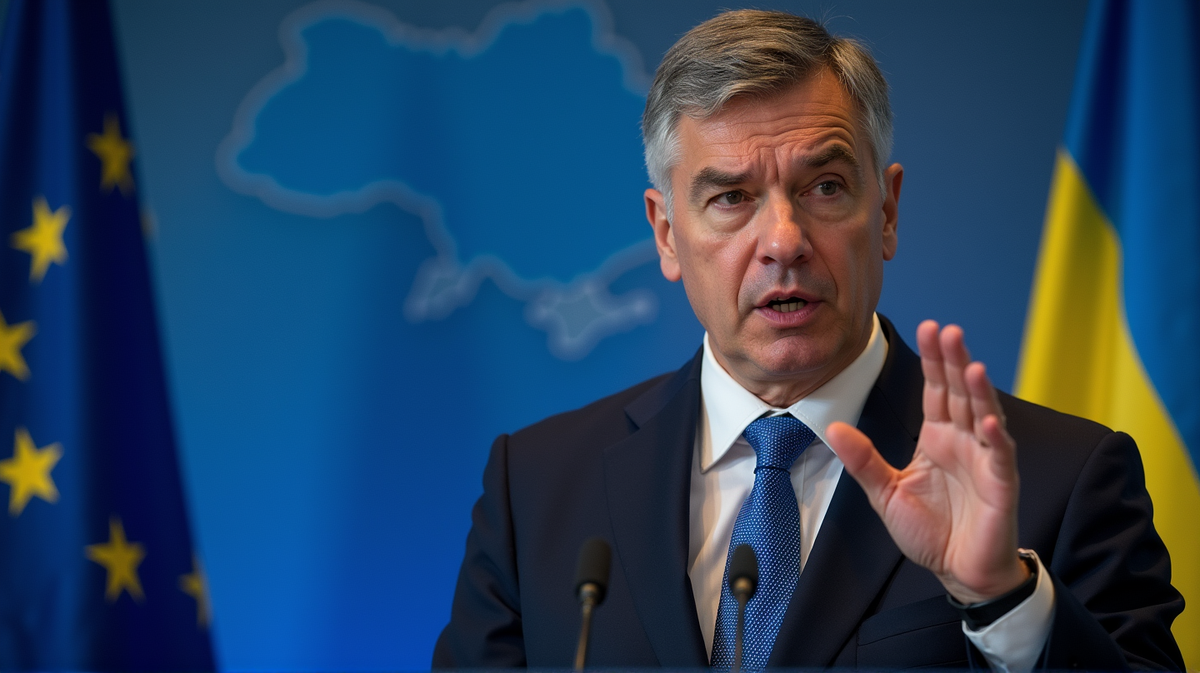Slovak Leader's Bold Rejection of EU's Funding Plan for Ukraine
Slovakia's PM Robert Fico opposes the EU's bid to use frozen Russian assets for Ukrainian military support, citing legal and diplomatic concerns.

In a surprising turn of events, Slovak Prime Minister Robert Fico has openly opposed the European Union’s plan to finance Ukraine’s military needs using frozen Russian assets. Fico made his stance clear during a recent press conference, echoing his concerns over potential legal repercussions and Slovakia’s role in such financial mechanisms.
The Prime Minister’s Stark Opposition
Addressing an audience of international media, Fico firmly conveyed his rejection of the EU’s proposed financial plan. “I refuse to let Slovakia participate in any financial scheme that would help Ukraine cope with military costs,” Fico declared, reiterating his unwillingness to support Ukraine’s defense expenses through the controversial funding mechanism.
Legal and Diplomatic Repercussions
Fico expressed alarm at the prospect of international lawsuits emerging from the confiscation of around 140 billion euros in frozen Russian assets. He warned that such actions could provoke retaliatory moves from Russia, potentially leading to confiscations of European buildings or vessels.
“Confiscating these assets could open a Pandora’s box of legal challenges,” Fico remarked, highlighting the diplomatic tightrope that accompanies such measures.
Slovakia’s Continued Humanitarian Support
Despite rejecting military funding, Fico was quick to underline Slovakia’s ongoing support for Ukraine in non-military areas. The country will continue its efforts in delivering medical support and engaging in demining initiatives to assist Ukraine’s humanitarian needs. “No lethal weapons will go to Ukraine for free,” Fico stated, emphasizing that Slovakia’s contributions would remain strictly non-combat.
A Divided European Stance
Fico’s position sheds light on the divisions within Europe concerning the allocation and use of frozen Russian assets. His statements reveal the complex interplay between legal, economic, and diplomatic considerations in supporting Ukraine amidst heightened tensions.
The Broader Implications
As Fico’s statements reverberate across Europe, they expose the multifaceted challenges facing EU decision-makers. “According to #Mezha,” this situation underscores the broader debate over the ethical and strategic dimensions of Europe’s support for Ukraine.
Through this rejection, Fico prompts a reevaluation of the paths forward, compelling European leaders to navigate these turbulent waters with caution and deliberation.





